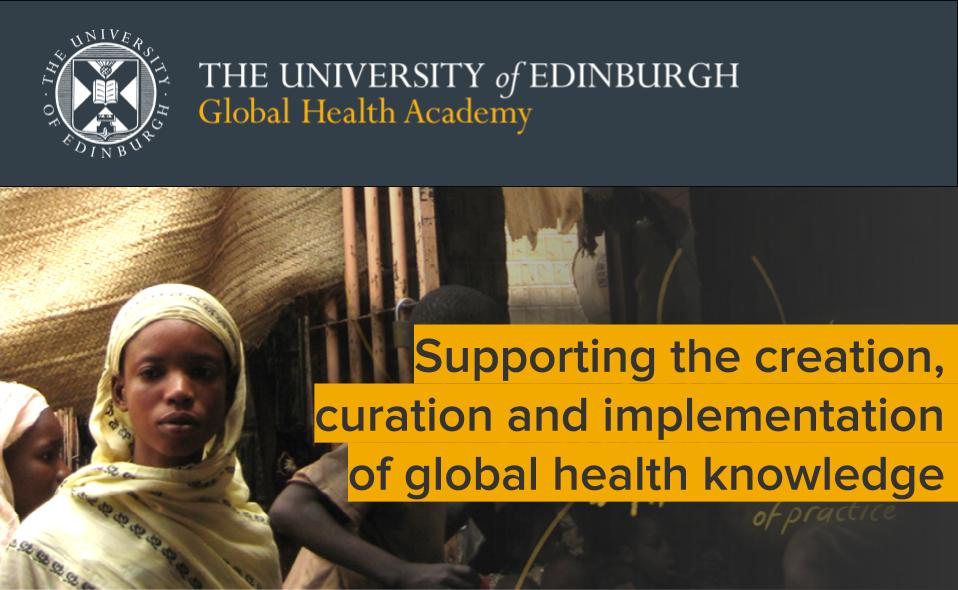What are the long-term consequences of deworming programmes?
Dr Francisca Mutapi, University of Edinburgh
What happens afterwards? This apocalyptic question is one that is integral to all forms of intervention in human and animal diseases. This is particularly important in cases where the intervention occurs at a national scale. My research group has been asking this question in relation to the current global efforts to control worm (helminth) infections which significantly impact on the health and development of children. Specifically, we work on bilharzia (urinary schistosomiasis) an important, but neglected infectious disease caused by the blood fluke Schistosoma haematobium. Although we hear occasional reports of tourists infected during visits to resorts in endemic areas, bilharzia is typically a disease of poverty due its association with poor sanitation and unsafe water. People become infected when they come into contact with the infective stage in freshwater after it has been released by freshwater snail- hence the other name of the disease- snail fever. The disease affects over 100 million people, mainly in Africa. Children carry the heaviest burden of infection; as a result, they experience bladder and kidney disorders, stunted growth and poor development.
Current global initiatives from Partners of Parasite Control including the World Health Organization (WHO), Bill and Melinda Gates Foundation, UNICEF, Schistosome Control Initiative and the World Bank are advocating regular school-based de-worming interventions to reduce the development of morbidity, promote school-child health and improve cognitive potential of the children. Children are treated with the antihelminthic drug praziquantel. Over the past decade, there has been a concerted global effort to control bilharzia, galvanised initially by the Millennium Development Goal (MDG) 6 to combat HIV/AIDS, malaria and other diseases by 2015 and the World Health Assembly resolution 54.19 to treat at least 75% of all school-age children at risk of schistosomiasis by 2010. The most recent schistosomiasis resolution, World Health Assembly resolution WHA65.21 passed in 2012 is advocating for the elimination of schistosome transmission and the WHO Schistosomiasis Strategic Plan 2012-2020 sets out its vision of for a world free from schistosomiasis. This represents a real drive at the global scale not previously seen, to control this important disease of childhood.
Millions of school children in Africa are currently being treated with this drug resulting in significant health improvements. In several countries where the control programmes are currently being implemented, they are typically running for 5 years. The questions we are asking is what will happen to 1) the children who have been treated, 2) the rest of the population that has not been treated and 3) the parasites? The overall, long-term outcome of these treatment programmes for human health is believed to be good- but what evidence do we have for this? In my research group, we are interested in the long-term consequences of praziquantel treatment. Our studies and those of others have shown that the effects of praziquantel treatment go beyond the transient reduction of infection intensity and morbidity. Treatment with the antihelminthic also reduces future pathology and induces immune responses protective against re-infection by the parasites. What will be the effect of the 5-year treatment programmes on the host immune system and overall health? Experimental studies of the regulation of the immune system suggest that treatment of helminth infection results in susceptibility/worsening of immune disorders (explained through the hygiene hypothesis). What is the relevance of these studies to human helminth infection? What are the long-term health implications in children treated through these national treatment programmes? Similar to malaria, people exposed to schistosome parasites develop natural acquired immunity to the parasites following repeated infection with the parasites. What is the consequence of praziquantel treatment on schistosome immunity and disease, decades after cessation of the control programmes? Providing answers to these questions is critical for informing strategic planning for ministries of health and prioritisation of resources as well as formulating /directing global health policy.
These really interesting scientific questions and the potential impact of the findings for human health are the drivers of research for Dr Francisca Mutapi and her group, the Parasite Immuno-epidemiology Group, at the University of Edinburgh.




